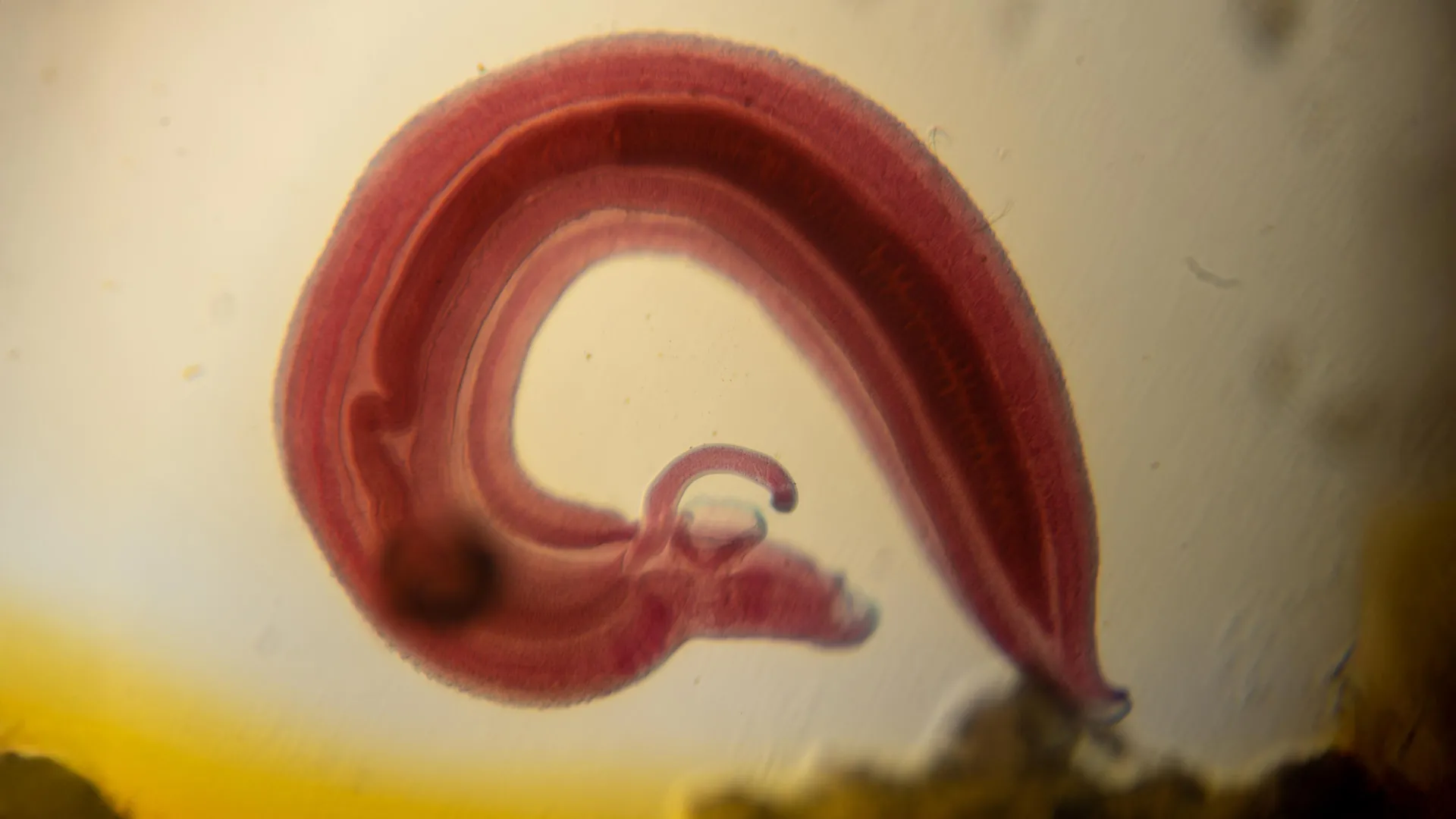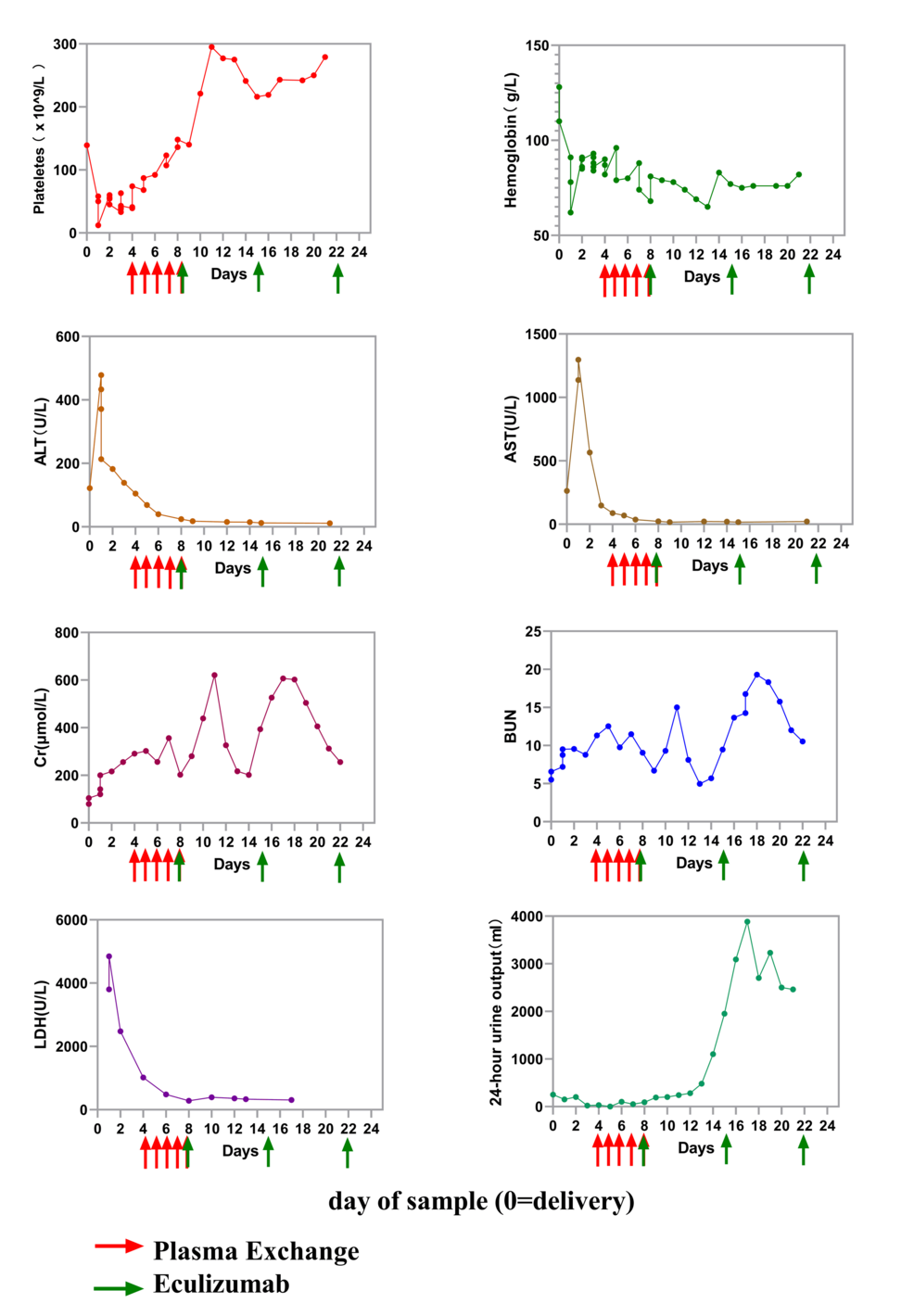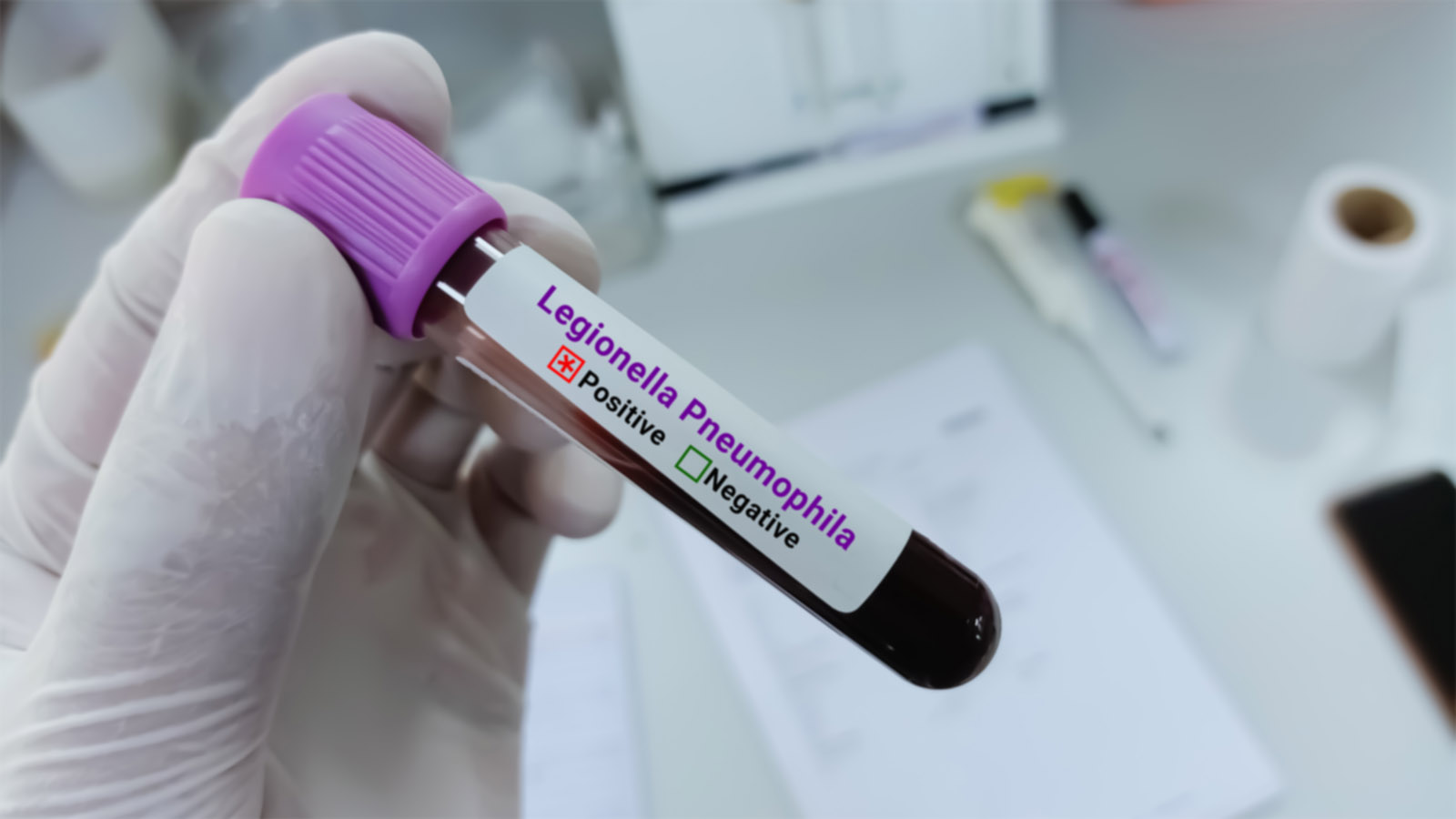The Shocking Truth About Pain Relief: How a Parasite Could Revolutionize Medicine!

What if I told you that a tiny worm might hold the secret to a pain-free future? That's right! New research has uncovered a mind-boggling mechanism used by a parasitic worm to evade our immune systems, and it could lead to groundbreaking advancements in pain management.
A recent study published in The Journal of Immunology reveals that the Schistosoma mansoni, a parasitic worm notorious for causing schistosomiasis, has a unique talent: it suppresses our nerve signals to avoid detection, effectively sneaking through our bodies unnoticed. This fascinating development could potentially pave the way for innovative painkillers that don’t rely on opioids, an area of growing concern in today's healthcare landscape.
Schistosomiasis, a disease triggered by helminths—parasitic worms—typically enters the human body through contact with infested water during activities like swimming or fishing. Unlike other notorious pathogens that often cause discomfort through pain, itching, or rashes, S. mansoni appears to have evolved a remarkably stealthy approach, allowing it to flourish while avoiding detection by our immune system.
Researchers from Tulane School of Medicine embarked on this riveting journey to unravel the enigma of why S. mansoni doesn't induce pain or itching when it infiltrates the skin. Their groundbreaking findings spotlight the TRPV1+ protein—a critical player in transmitting sensations of heat, pain, and itchiness. As it turns out, this worm produces molecules that effectively mute the activity of TRPV1+, blocking the signals that would otherwise reach our brains, allowing the worm to slip into our systems largely unnoticed.
Dr. De'Broski R. Herbert, the study's lead researcher and a Professor of Immunology at Tulane, noted, “If we identify and isolate the molecules used by helminths to block TRPV1+ activation, it may present a novel alternative to current opioid-based treatments for reducing pain.” Imagine a world where pain management doesn't come with the risk of addiction—a dream that may soon be a reality!
The study also highlights that while S. mansoni found a way to evade our pain sensors, TRPV1+ is essential for our body's defense against it. When activated, TRPV1+ triggers a rapid response from our immune system, unleashing warriors like gd T cells and neutrophils to combat the invading larvae. Thus, these pain-sensing neurons play a crucial role in keeping us safe from infection.
Dr. Herbert further explained, “Identifying the molecules in S. mansoni that block TRPV1+ could inform preventive treatments for schistosomiasis.” Picture a topical agent designed to activate TRPV1+, potentially preventing infection for those at high risk of exposure to contaminated waters!
In their experiments, mice infected with S. mansoni were closely observed for their sensitivity to pain, and researchers are now keen to dive deeper into the secretive world of helminth molecules that suppress TRPV1+ activity. The next steps will involve unearthing the specific components responsible for this fascinating immune evasion and exploring the unique immune responses they elicit.
This research not only opens doors to innovative treatments for schistosomiasis but also revolutionizes our understanding of pain management. The intersection of parasitology and immunology is more crucial now than ever!




























